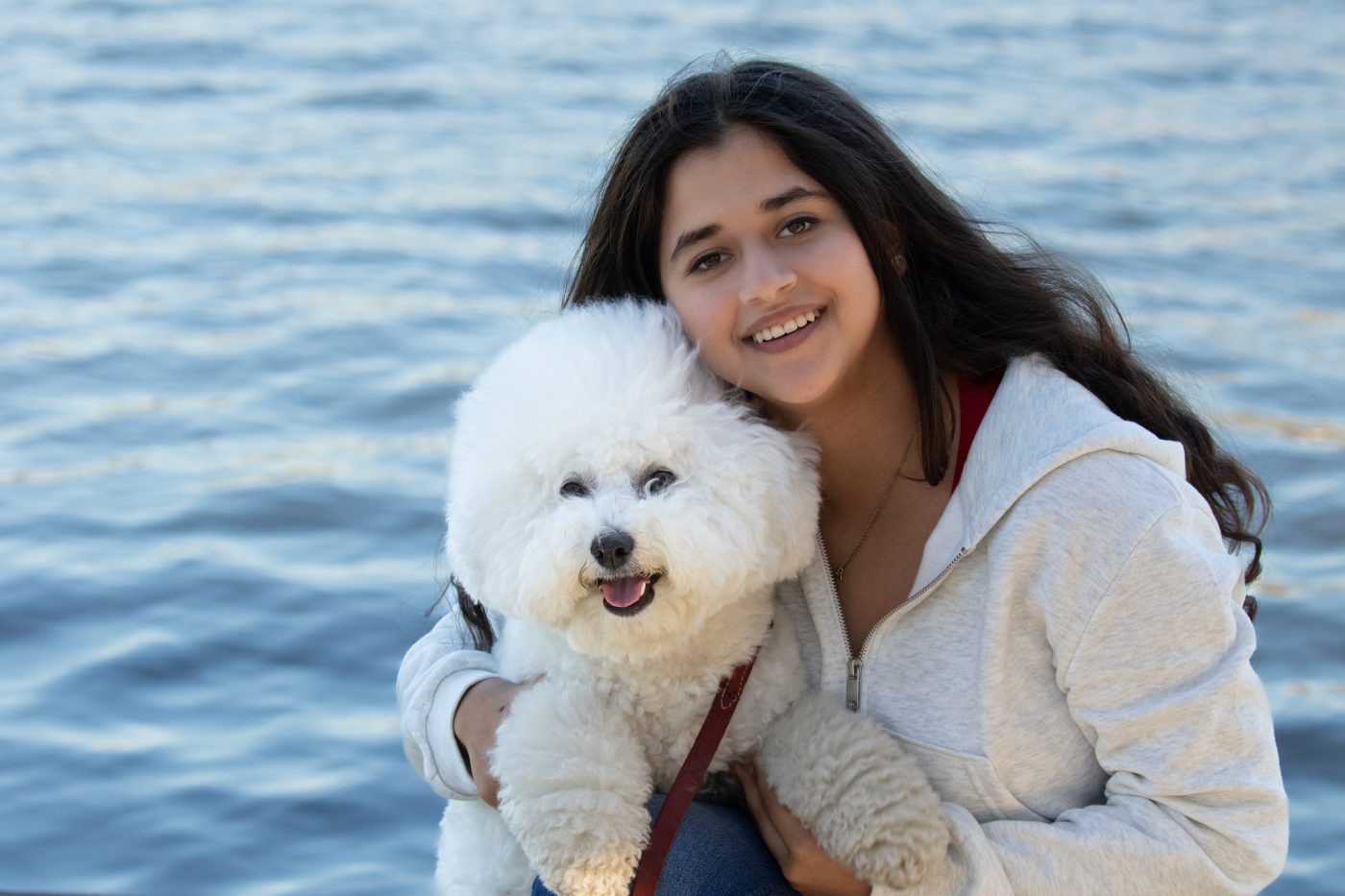Traveling with a Bichon Frise, known for its friendly demeanor and fluffy white coat, can be a delightful experience when well-planned. These small, charismatic dogs are known for their adaptability and love of companionship, making them ideal travel companions. However, their specific needs, such as grooming requirements, sensitivity to temperature changes, and social nature, must be considered to ensure a comfortable journey for both the pet and the owner. In this 1,500-word article, we’ll explore comprehensive tips and practical advice for traveling successfully with your Bichon Frise, ensuring a smooth and enjoyable trip.
Understanding Your Bichon Frise’s Travel Personality
Bichon Frises are typically easygoing and adaptable, but each dog has its personality. Some may enjoy traveling and adapt quickly to new environments, while others might find it stressful. Knowing your Bichon Frise’s temperament and planning accordingly is key to a successful journey.
Preparing Your Bichon Frise for Travel
Preparation is essential when planning a trip with your Bichon Frise. Start by acclimating them to car rides or their travel crate. Ensure they are up-to-date with vaccinations and have a health check-up before traveling. Introducing them to their travel accessories, like a harness or carrier, can also help reduce anxiety.
Choosing the Right Travel Carrier for Bichon Frises
Selecting a comfortable and secure travel carrier is vital for your Bichon Frise’s safety. The carrier should be spacious enough for them to move around comfortably but cozy enough to feel secure. For air travel, ensure the carrier is airline-approved and well-ventilated.
Maintaining Your Bichon Frise’s Diet and Routine
Keeping to your Bichon Frise’s regular feeding schedule and diet is important to prevent gastrointestinal issues. Pack enough of their usual food for the trip. Portable, collapsible bowls for food and water are convenient for maintaining their feeding routine on the road.
Exercise and Mental Stimulation for Bichon Frises
Bichon Frises require regular exercise and mental stimulation, even during travel. Plan for frequent stops on long car journeys for short walks and play. Bring their favorite toys to keep them entertained and mentally engaged during the trip.
Grooming Essentials for Traveling with a Bichon Frise
Due to their distinctive fluffy coat, Bichon Frises require regular grooming. Pack grooming tools like a brush or comb, dog-friendly shampoo, and any other grooming essentials. Keeping up with their grooming routine during travel will help maintain their coat health and appearance.
Finding Bichon Frise-Friendly Accommodations
Look for pet-friendly accommodations that can comfortably accommodate a small dog like a Bichon Frise. Check for any pet fees or restrictions and ensure the accommodation has a safe area for your dog to relax. It’s also beneficial to find accommodations with nearby walking areas or parks.
Health and Wellness Kit for Bichon Frises
Prepare a health and wellness kit for your Bichon Frise, including their regular medications, flea and tick prevention, and vaccination records. A basic pet first-aid kit for emergencies is also advisable, along with any special supplements or dietary needs they have.
Safety Measures for Traveling with Bichon Frises
Ensure your Bichon Frise wears a collar with up-to-date ID tags and is microchipped. Use a sturdy leash and harness for secure walks. Reflective gear is also recommended for visibility during evening walks.
Managing Your Bichon Frise’s Comfort in Different Climates
Bichon Frises can be sensitive to extreme temperatures. In hot climates, ensure they have access to shade and water to prevent overheating. In colder weather, consider a dog coat or sweater to keep them warm, especially during outdoor activities.
Socialization and Interaction Tips for Bichon Frises
Bichon Frises are generally sociable and enjoy interaction. However, it’s important to supervise their encounters with new people and animals. Training exercises to improve their social behavior can be beneficial in unfamiliar environments.
Post-Travel Care for Your Bichon Frise
After arriving at your destination, allow your Bichon Frise time to adjust to the new environment. Stick to their regular exercise and grooming routine. Observe for any signs of stress or discomfort and provide a comfortable and quiet space for rest.
Traveling with your Bichon Frise can be a fantastic experience with proper planning and preparation. By addressing these essential aspects, you can ensure a comfortable, safe, and enjoyable journey for both you and your furry companion. Whether it’s a short road trip or a long vacation, these tips will help make your travels with your Bichon Frise a success, creating enjoyable memories along the way. Remember, the key to a seamless trip lies in understanding and catering to your Bichon Frise’s unique needs.

 Toledo, United States.
Toledo, United States.